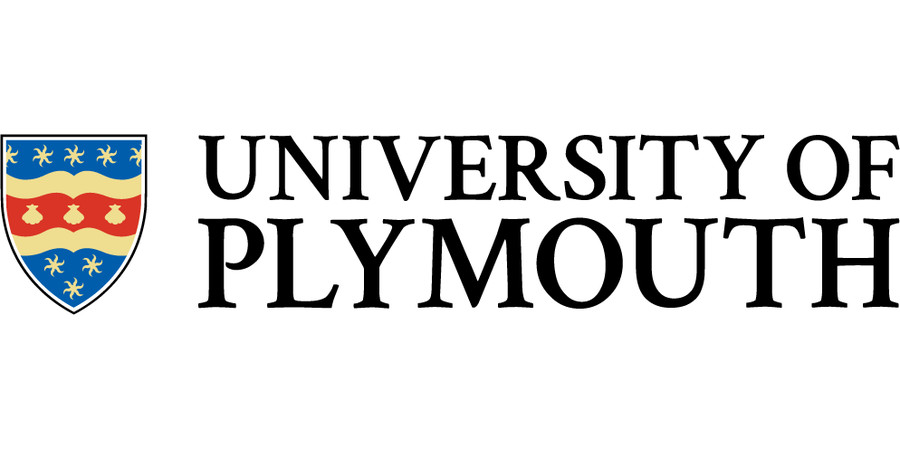PhD Studentship: Understanding the primary drivers for seagrass (Zostera marina) recovery and regeneration
University of Plymouth - School of Biological and Marine Sciences
| Qualification Type: | PhD |
|---|---|
| Location: | Devon, Plymouth |
| Funding for: | UK Students, EU Students, International Students |
| Funding amount: | The studentship is supported for 3.5 years and includes a stipend from £19,237 per annum 2024-25 rate (2025-26 UKRI rate TBC) |
| Hours: | Full Time |
| Placed On: | 12th November 2024 |
|---|---|
| Closes: | 8th January 2025 |
Understanding the primary drivers for seagrass (Zostera marina) recovery and regeneration
DoS: Dr Jennifer Rowntree (jennifer.rowntree@plymouth.ac.uk)
2nd Supervisor: Dr Glen Wheeler, Marine Biological Association
3rd Supervisor: Professor Martin Attrill (M.Attrill@plymouth.ac.uk)
Applications are invited for a 3.5 years PhD studentship. The studentship will start on 01 October 2025
Project Description
Scientific Background
In the shallow coastal waters around the UK, we have been losing a globally important, but hidden, habitat. Seagrasses are the only angiosperm that live fully in the marine environment. They provide important nursery grounds for fish, can clean excess nutrients from the water and have the potential to sequester carbon to mitigate climate change. The Ocean Conservation Trust (OCT), based in the National Marine Aquarium, has been working to address seagrass habitat loss in the UK since 2013. They are leaders at growing subtidal seagrass for reintroduction and key partners in large-scale restoration projects. Restoring habitats that have been degraded or destroyed is difficult, especially when we have limited information about the processes that govern growth and survival of the organisms involved. In partnership between the OCT, the Marine Biological Association and the University of Plymouth, this project will examine the genetic diversity of intertidal seagrass communities (Zostera marina) to understand how this determines physiological responses to environmental factors and influences growth and regeneration. The research will be used to help improve restoration success in seagrass beds and enable a faster roll-out of restoration activities.
Research methodology
Activities will be structured across the programme with an emphasis on gaining molecular skills in year one. There will be field activities throughout the project, coupled with plant growth experiments and application of physiological techniques from year two. The multidisciplinary supervisory team from three different institutes provide a unique opportunity to experience different research environments and work in an interdisciplinary team.
Training
Training will be provided in molecular, physiological and ecological techniques along with experimental design and statistical analysis. Activities will be undertaken across laboratory, plant-growth facilities and in the field. By working closely with the Ocean Conservation Trust, the PGR will be directly involved in active seagrass restoration efforts within the UK.
Person specification
We seek an enthusiastic individual with an interest in seagrass restoration. Prior experience of field work (especially in the marine environment), delivering practical conservation projects, a diving qualification (e.g. PADI Divemaster or equivalent), working in a laboratory setting and of molecular techniques would be desirable.
For information on Eligibility and Funding, please click on the links below:
To apply for this position please click on the Apply button above.
Please clearly state the name of the DoS and the studentship that you are applying for at the top of your personal statement.
Please see here for a list of supporting documents to upload with your application.
For more information on the admissions process generally, please visit our How to Apply for a Research Degree webpage or contact the Doctoral College.
The closing date for applications on 8th January 2025. Shortlisted candidates will be invited for interview after the deadline. We regret that we may not be able to respond to all applications. Applicants who have not received a response within six weeks of the closing date should consider their application has been unsuccessful on this occasion.
Advert information
Type / Role:
Subject Area(s):
Location(s):









